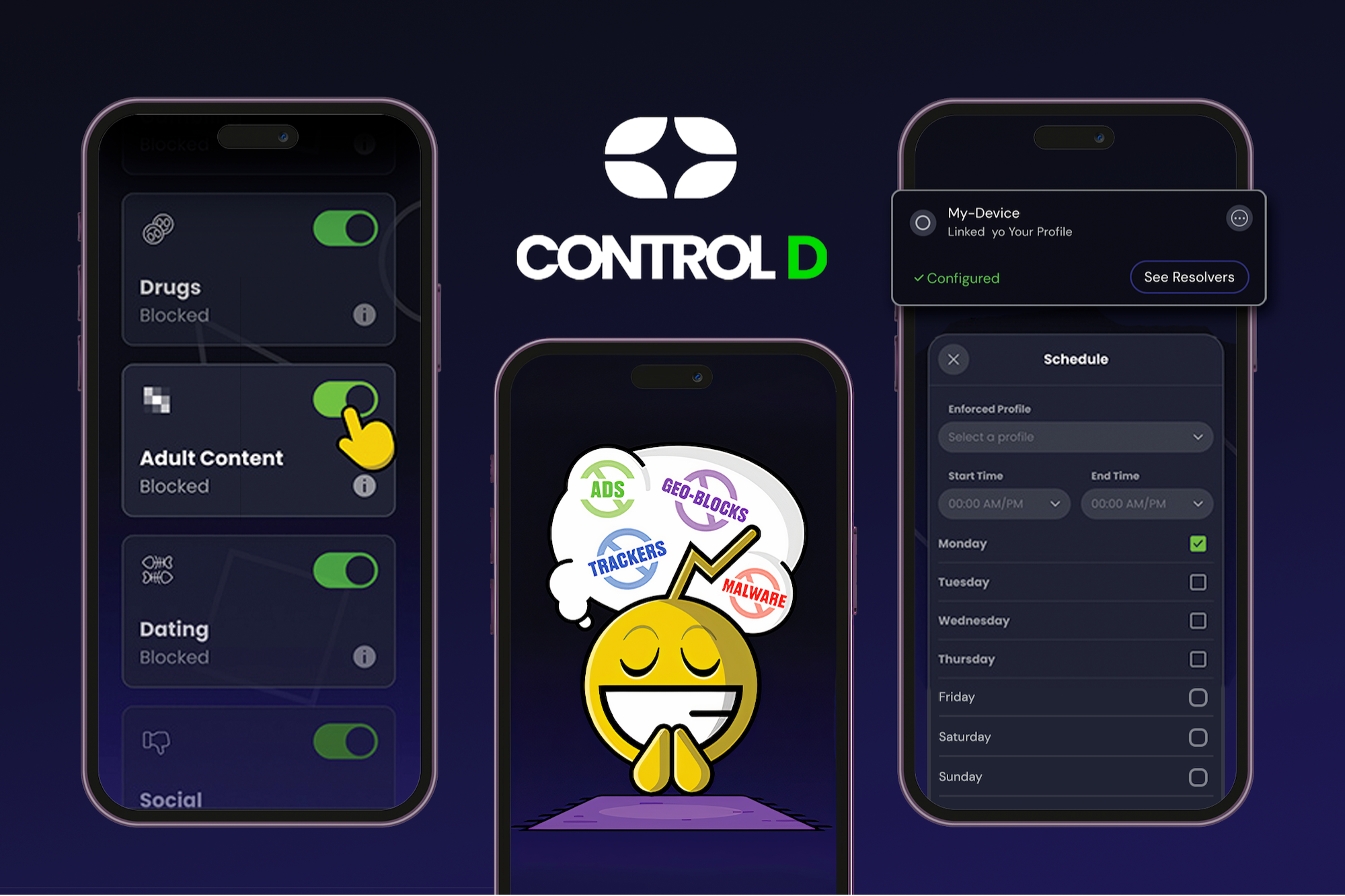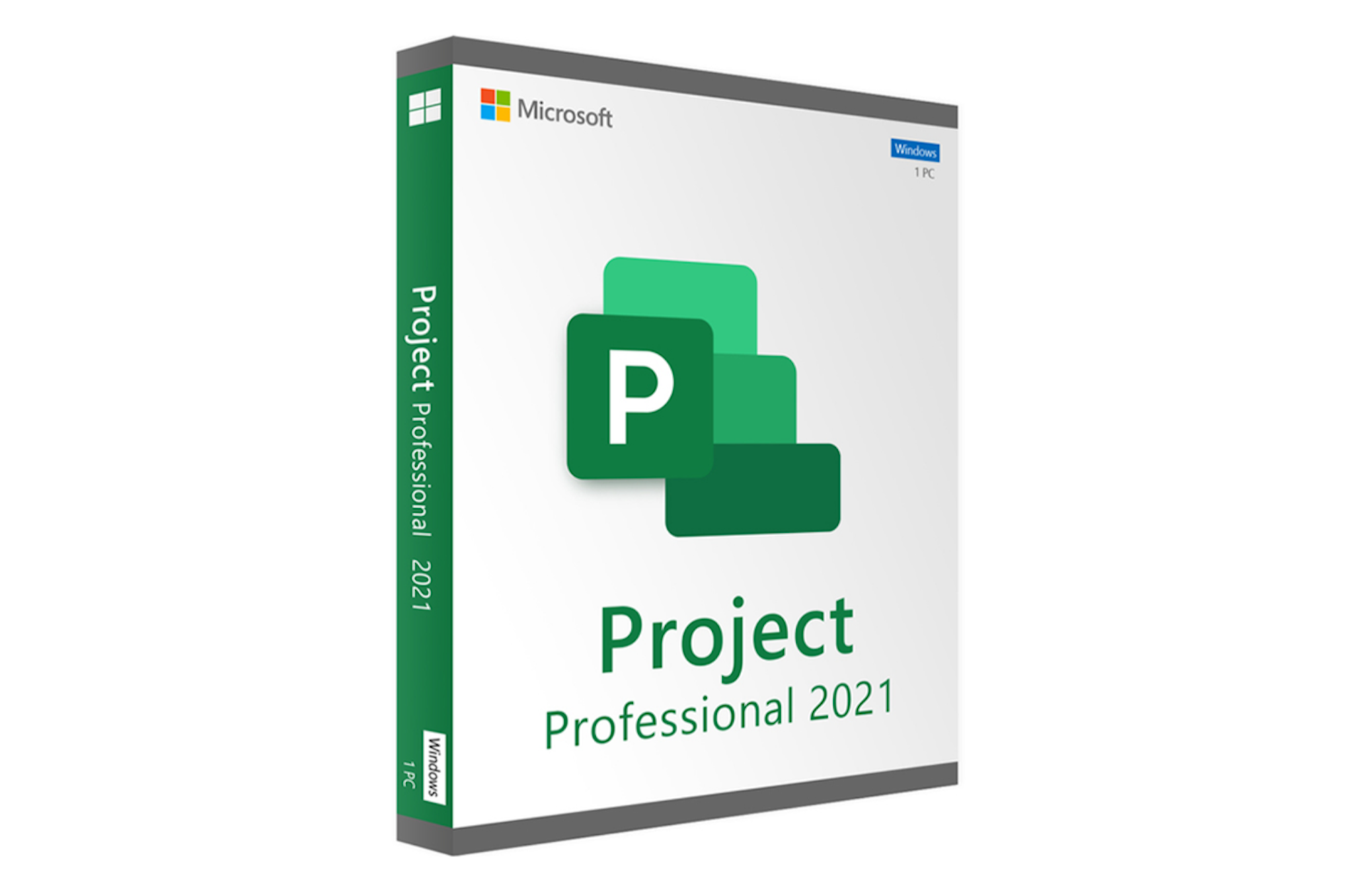AFFILIATE MARKETING
5 Ways to Make Money With Your Blog in 2023

Blogging has become a popular pastime for many people, but did you know it can also be a great way to make money? Whether you’re a hobby blogger or a professional content creator, there are several ways to monetize your blog and turn your passion into profit. In this article, we’ll be discussing 5 proven methods for making money with your blog.
Affiliate marketing, sponsored posts, advertising, e-commerce, and many more, are just some of the ways to make money with your blog. Each method has its own set of pros and cons, and it’s up to you to determine which one will work best for your audience and your blog’s niche. But before we dive into those methods, let’s first understand that making money with a blog is not a one-time thing. It’s a consistent effort and a mindset, you need to have the patience to see the results.
But don’t worry, we’ve got you covered! We’ll be providing you with all the information you need to get started, including tips and tricks to help you maximize your earnings. Whether you’re just starting out or you’re looking to take your monetization efforts to the next level, this article is for you. So, buckle up and prepare to be amazed at the different ways you can turn your blog into a cash cow, or as we like to call it “Blog-Cow”.
1) Affiliate Marketing
Affiliate marketing is one of the most popular and effective ways to make money with your blog. It’s a performance-based marketing strategy where you, as a blogger, partner with a company or business to promote their products or services on your blog. When someone clicks on a special affiliate link on your blog and makes a purchase, you earn a commission.
It’s a win-win situation for both you and the company you’re partnering with. The company gets more exposure and sales, and you get to earn money from something you’re already doing — creating content. Affiliate marketing is a great way to monetize your blog because it doesn’t require you to create or sell your own products. Instead, you’re promoting someone else’s products and getting a commission for it.
To get started with affiliate marketing, you’ll first need to find a product or service that aligns with your blog’s niche and audience. You can find affiliate programs through affiliate networks like ShareASale, Commission Junction or directly through the company’s website. Once you’ve found a product or service you’d like to promote, you’ll need to apply to the affiliate program and get approved.
Once you’ve been approved, you’ll get access to a unique affiliate link that you can use to promote the product or service on your blog. It’s important to note that you should only promote products or services that you truly believe in and that will be relevant and valuable to your audience.
In addition, make sure to disclose your affiliate relationship to your readers, it’s a requirement by most affiliate programs and also it’s an ethical practice that keeps your readers trust in you. And also, don’t just rely on one affiliate program, diversify your income stream by partnering with multiple programs, that way even if one program’s performance drops, you’ll still have other sources of income.
In summary, affiliate marketing is a great way to monetize your blog and earn money from something you’re already doing — creating content. It doesn’t require you to create or sell your own products and it’s a win-win situation for both you and the company you’re partnering with. With the right approach, affiliate marketing can be a reliable source of income for your blog.
👉 Launch your blog with Bluehost now
2) Sponsored Posts
Sponsored posts are another popular way to monetize your blog. A sponsored post is a blog post that is written by you, but the content is paid for by an advertiser or sponsor. It’s a form of native advertising, where the ad is made to look like a regular blog post, but it’s labeled as sponsored content.
The great thing about sponsored posts is that they can be a great source of income for your blog. But, like any other monetization method, it’s important to approach them with care. Sponsored posts can be a great way to earn money, but they also have the potential to damage your blog’s reputation if not done right.
To get started with sponsored posts, you’ll first need to build a sizable audience and establish yourself as an influencer in your niche. As your blog grows, brands and businesses will start to notice you and may reach out to you with sponsored post opportunities. You can also reach out to brands and businesses yourself, but it’s important to only approach those that align with your blog’s niche and audience.
When working with a sponsor, it’s important to be transparent with your readers and disclose that the post is sponsored. This can be done by adding a disclaimer at the top of the post or by using the “sponsored” tag on social media. It’s also important to only promote products or services that you truly believe in and that will be relevant and valuable to your audience.
It’s also important to keep in mind that sponsored posts are not always the best fit for all blogs, it depends on your niche and audience, and also on your blog’s content strategy. Therefore, it’s important to evaluate if sponsored posts are the right monetization method for your blog before diving in.
In summary, sponsored posts are a great way to monetize your blog, but it’s important to approach them with care. To be successful with sponsored posts, it’s important to build a sizable audience, establish yourself as an influencer, be transparent with your readers, and only promote products or services that align with your blog’s niche and audience. It’s also important to evaluate if sponsored posts are the right fit for your blog before diving in.
👉 Launch your blog with Bluehost now
3) Advertising
Advertising is another popular way to monetize your blog. It’s a great way to earn money from your blog by displaying ads on your website. These ads can come in different forms, such as display ads, sponsored content, or affiliate ads.
The most common form of advertising is display ads, which are small banner ads that are displayed on your website. They can be managed through an ad network, such as Google AdSense, or through direct partnerships with brands and businesses. The key to successful display ads is to have a large audience and high traffic, this way you can charge more for ad space and attract more advertisers.
Another form of advertising is sponsored content, which is similar to sponsored posts but it’s not limited to blog posts, it can be in the form of social media posts, videos, podcasts, etc. It’s a great way to monetize your blog, but it’s important to approach it with care. It’s important to only promote products or services that align with your blog’s niche and audience.
Lastly, affiliate ads are another form of advertising that you can use to monetize your blog. These are ads that promote affiliate products and services, and you earn a commission for each sale made through your affiliate link. This form of advertising is similar to affiliate marketing, but it’s limited to displaying ads on your website.
In summary, advertising is a great way to monetize your blog and earn money from your website. It can come in different forms such as display ads, sponsored content or affiliate ads. To be successful with advertising, it’s important to have a large audience and high traffic, this way you can charge more for ad space and attract more advertisers. Also, it’s important to approach advertising with care, only promote products or services that align with your blog’s niche and audience.
4) E-Commerce
E-commerce is another great way to monetize your blog and make money from your website. It’s the process of buying and selling products online, and as a blogger, you can use your blog to sell products or promote affiliate products.
One way to do this is by setting up an e-commerce store on your blog. This allows you to sell your own products, such as physical goods, digital products, or services. Setting up an e-commerce store is relatively easy these days, with platforms like Shopify and WooCommerce. You can easily set up a store, and start selling products to your audience.
Another way to monetize your blog through e-commerce is by promoting affiliate products. This is similar to affiliate marketing, but instead of just promoting the products through text links or banners, you can create product-focused content, such as reviews, how-to guides, or product round-ups, that showcase the products you’re promoting. This way, you can give your audience a more detailed look at the products and increase the chances of them making a purchase through your affiliate link.
In any case, when using e-commerce as a monetization method, it’s important to remember that you should only promote products that align with your blog’s niche and audience. Also, it’s important to keep in mind that e-commerce requires a significant effort to set up and maintain, from product sourcing, to inventory management, to customer service. Therefore, it’s important to evaluate if e-commerce is the right monetization method for your blog before diving in.
In summary, e-commerce is a great way to monetize your blog and make money from your website. You can sell your own products or promote affiliate products through setting up an e-commerce store or creating product-focused content. It’s important to remember that you should only promote products that align with your blog’s niche and audience, and also to evaluate if e-commerce is the right monetization method for your blog before diving in, as it requires a significant effort to set up and maintain.
👉 Launch your blog with Bluehost now
5) Consulting or Coaching Services
Consulting or coaching services is another great way to monetize your blog. As a blogger, you likely have a wealth of knowledge and experience in your niche that your audience can benefit from. By offering consulting or coaching services, you can leverage that expertise to help others and make money at the same time.
Consulting services involve providing expert advice and guidance to clients on a specific topic or area of expertise. This can include things like marketing strategy, content creation, or even blog monetization. Coaching services, on the other hand, involve working one-on-one with clients to help them achieve specific goals or overcome challenges. This can include things like personal development, business growth, or even blogging success.
To get started with consulting or coaching services, it’s important to first establish yourself as an expert in your niche. This can be done by consistently creating high-quality content, building a sizable audience, and establishing yourself as a thought leader in your industry.
Once you’ve established yourself as an expert, you can then start to package and market your services to your audience. This can include creating a dedicated page on your blog to promote your services, reaching out to potential clients directly, or even hosting webinars or workshops to introduce your services to a wider audience.
It’s also important to note that providing consulting or coaching services requires a significant time and effort to set up and maintain, but with the right approach, it can be a reliable source of income for your blog.
Conclusion
In conclusion, there are many ways to monetize your blog and make money from your website. From affiliate marketing, sponsored posts, advertising, e-commerce, and consulting or coaching services, each method has its own set of pros and cons. It’s important to evaluate which one will work best for your audience and your blog’s niche.
It’s also important to remember that making money with a blog is not a one-time thing, it’s a consistent effort and a mindset. It’s important to have patience and persistence to see the results. It’s also important to diversify your income streams, by implementing different monetization methods and not relying on just one.
Finally, it’s important to remember that transparency and honesty are key when it comes to monetizing your blog. Whether you’re working with sponsors, promoting affiliate products, or offering consulting or coaching services, it’s important to be transparent with your readers and disclose any potential conflicts of interest. This will help you to maintain the trust of your audience and ensure the long-term success of your blog.
In summary, monetizing your blog takes effort, patience and persistence, but with the right approach, it can be a reliable source of income. By diversifying your income streams, being transparent with your readers, and only promoting products or services that align with your blog’s niche and audience, you can turn your blog into a successful business.
AFFILIATE MARKETING
How to Control the Way People Think About You
Opinions expressed by Entrepreneur contributors are their own.
In today’s digital age, where personal branding and public perception play a vital role in success, strategic PR efforts have become more important than ever. Ulyses Osuna, the founder of Influencer Press, joined our show to share valuable insights on the significance of PR, the evolving landscape, and the keys to achieving business growth while maintaining a fulfilling personal life.
One of the key takeaways from the conversation was the importance of strategic PR efforts in building a personal brand and shaping public perception. Ulyses emphasized that PR is not just about getting media coverage; it’s about controlling the narrative and shaping how others perceive you. By strategically positioning yourself and your brand through effective PR, you can influence public opinion and establish yourself as an authority in your field. Another crucial aspect discussed was the power of leveraging relationships and connections.
Ulyses highlighted the “Buglight Concept,” which involves utilizing the support and connections of others to achieve success. By building strong relationships and leveraging the networks of influential individuals, you can significantly expand your reach and influence. Ulyses’s own success with Influencer Press is a testament to the power of connections in the PR world. While professional success is undoubtedly important, Ulyses also stressed the significance of balancing personal time and fulfillment. In the pursuit of business growth, it’s easy to neglect personal well-being and relationships. However, Ulyses emphasized that true success lies in finding a balance between professional achievements and personal happiness.
By prioritizing personal time and fulfillment, entrepreneurs can sustain long-term growth and avoid burnout. In the ever-evolving landscape of PR, Ulyses highlighted the need for a clear mission when seeking press coverage. He emphasized the importance of aligning your brand with a cause or purpose that resonates with your target audience. By having a clear mission and purpose, you can attract media attention that aligns with your values and goals, ultimately enhancing your brand’s reputation and reach. Additionally, Ulyses discussed the importance of pricing services correctly and finding the right balance between personal involvement and business scalability.
The conversation also touched upon the dynamics of client relationships and the impact of showcasing external support. Ulyses emphasized the value of building strong relationships with clients and going above and beyond to exceed their expectations. Furthermore, he highlighted the importance of showcasing external support, such as media coverage or endorsements, to establish credibility and attract new clients. Ulyses’s own podcast, The Blacklist, where he shares insights and interviews successful entrepreneurs, was also discussed. He explained that launching the podcast was a way to give back to the entrepreneurial community and share valuable knowledge.
By continuously learning from others and implementing breakthrough ideas, Ulyses emphasized the importance of immediate action and continuous improvement for business growth. In conclusion, strategic PR efforts are essential for building a strong personal brand and controlling the narrative in today’s digital age. By leveraging relationships, finding a balance between personal and professional life, and having a clear mission, entrepreneurs can shape public perception, expand their reach, and achieve long-term success. Ulyses Osuna’s insights serve as a valuable guide for those looking to navigate the ever-changing landscape of PR and personal branding.
About The Jeff Fenster Show
Serial entrepreneur Jeff Fenster embarks on an extraordinary journey every week, delving into the stories of exceptional individuals who have defied the norms and blazed their own trails to achieve extraordinary success.
Subscribe to The Jeff Fenster Show: Entrepreneur | Apple | Spotify | Google | Pandora
AFFILIATE MARKETING
Set Your Team up for Success and Let Them Browse the Internet Faster

Disclosure: Our goal is to feature products and services that we think you’ll find interesting and useful. If you purchase them, Entrepreneur may get a small share of the revenue from the sale from our commerce partners.
According to TeamStage, 31 percent of employees waste about a half hour each day, and the top 10 percent of them can waste as much as three hours in a day. Part of that might be attitude, but the other part might be hangups caused by internet speed and advertisements. To nip that lost time in the bud, consider equipping yourself or your team with a tool to help stay on task.
From April 15 through 21, this five-year subscription to Control D Some Control Plan is on sale for just $34.97 (reg. $120). This is the best price for this deal online. This tool is designed to help users browse and use the internet faster while also blocking ads.
Control D is described as a “one-touch solution” for taking control over the productivity of your computer and internet usage. The deal supports use for up to ten devices, and it empowers each user to block advertisements, enjoy faster browsing, and set internet safety rules and restrictions for kids.
Control D’s bandwidth is substantial. It can accommodate up to 10,000 custom rules, block more than 300 servers, support multiple profiles, and unlimited usage. This robust and well-designed tool is a reliable option for any business leader who wants to liberate themselves or team members from distractions online.
Control D is rated a perfect 5/5 stars on Product Hunt.
Remember that from April 15 through 21, this 5-year subscription to Control D Some Control Plan is on sale for just $34.97 (reg. $120)—the best price on the web.
StackSocial prices subject to change.
AFFILIATE MARKETING
Grab Microsoft Project Professional 2021 for $20 During This Flash Sale

Disclosure: Our goal is to feature products and services that we think you’ll find interesting and useful. If you purchase them, Entrepreneur may get a small share of the revenue from the sale from our commerce partners.
If you’re in charge of a business and you don’t have a clear understanding of how to approach projects in an organized and effective manner, that’s a problem. Like many leaders before you, consider leaning on software that’s designed to streamline the project workflow for companies representing a wide range of industries.
A rate that will only be available from April 19 through 22, you can get Microsoft Professional 2021 for just $19.97 (reg. $249).
This well-reviewed software comes with a range of pre-built templates that you can use to set your project off on the right foot. It supports a number of helpful functions like building complex schedules with varying timelines, auto-populating those schedules in instances where it can, and submitting timesheets that can be distinguished by project work and non-project work.
Some additional features of Microsoft Project Professional that can help entrepreneurs and their teams include what-if scenario generation capabilities. Microsoft Project Professional also allows you to sync projects on your local server with those online, which is massively helpful for remote teams.
Its comprehensive and well-curated offerings are part of why Project Professional is rated an average of 4.7/5 stars on the Entrepreneur Store.
Don’t miss this limited-time opportunity to make a worthwhile investment in your business for the price of a beer at the ball game.
A price that will only last from April 19 through 22, you can get Microsoft Professional 2021 for just $19.97 (reg. $249).
StackSocial prices subject to change.
-

 PPC5 days ago
PPC5 days ago19 Best SEO Tools in 2024 (For Every Use Case)
-

 MARKETING6 days ago
MARKETING6 days agoStreamlining Processes for Increased Efficiency and Results
-
SEARCHENGINES6 days ago
Daily Search Forum Recap: April 17, 2024
-

 SEO6 days ago
SEO6 days agoAn In-Depth Guide And Best Practices For Mobile SEO
-

 PPC6 days ago
PPC6 days ago97 Marvelous May Content Ideas for Blog Posts, Videos, & More
-
SEARCHENGINES5 days ago
Daily Search Forum Recap: April 18, 2024
-

 MARKETING6 days ago
MARKETING6 days agoEcommerce evolution: Blurring the lines between B2B and B2C
-
SEARCHENGINES4 days ago
Daily Search Forum Recap: April 19, 2024
















You must be logged in to post a comment Login